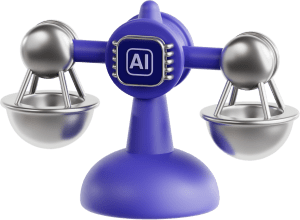The Ethical AI Litigator: Navigating ABA Model Rules and State Bar Opinions in 2025
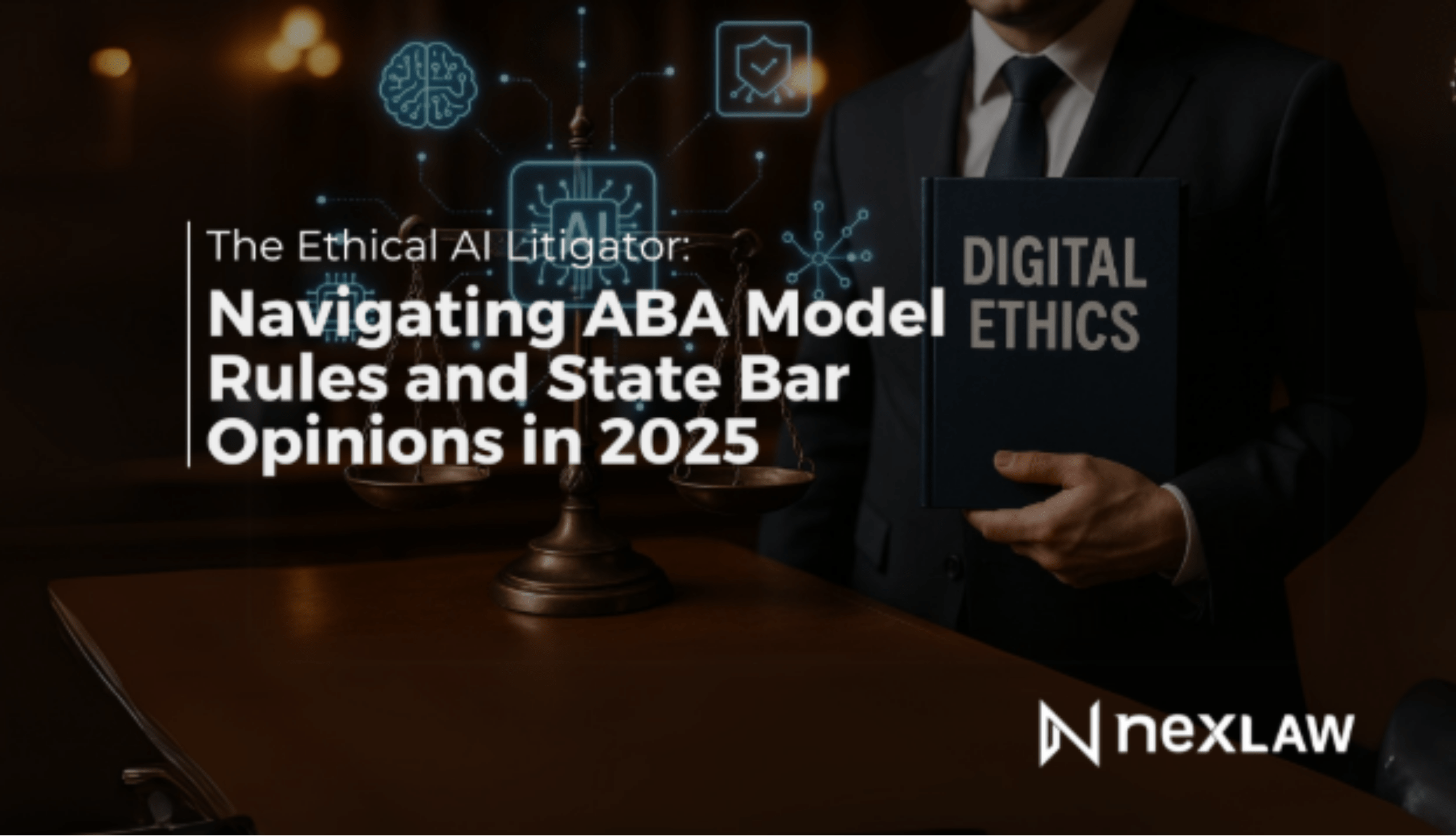
The Ethical AI Litigator: Navigating ABA Model Rules and State Bar Opinions in 2025
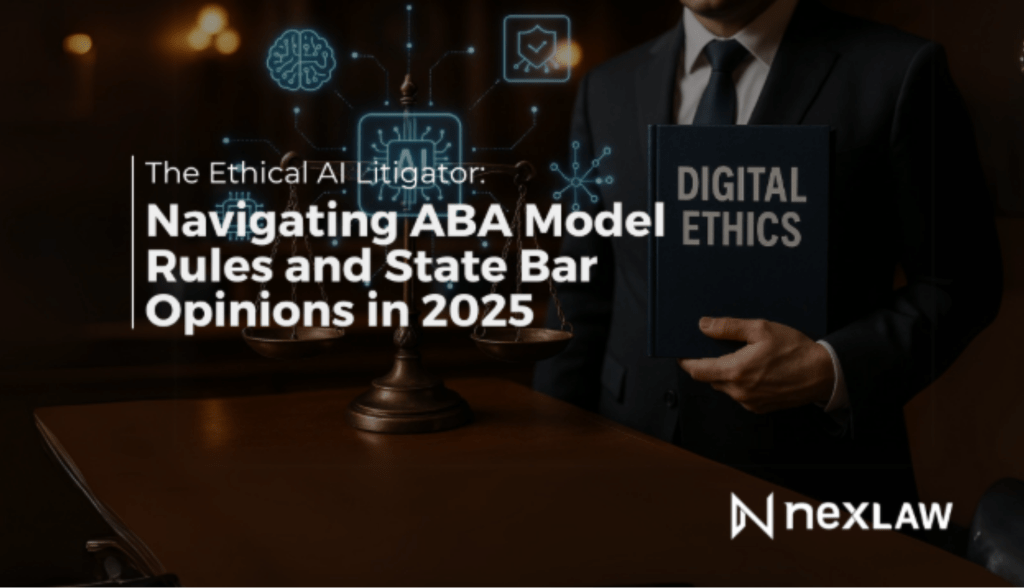
The rise of generative AI has presented the legal profession with one of its most significant ethical crossroads in a generation. While the potential for Litigation AI to enhance efficiency and improve client outcomes is undeniable, it also introduces complex new questions about a lawyer’s core duties of competence, confidentiality and supervision.
In 2025, state bar associations across the U.S. are rapidly issuing new ethics opinions and courts are beginning to scrutinize lawyers’ use of AI, making a clear understanding of the ethical landscape more critical than ever. A recent survey revealed that while 75% of U.S. lawyers are using AI, only 25% have received formal training on the ethical implications. This “ethics gap” creates a significant risk for practitioners who adopt this powerful technology without a clear framework for compliance.
This guide provides a practical overview of the key ethical considerations for U.S. litigators using AI, with a focus on the ABA Model Rules and emerging state bar opinions and explains how a professional-grade Legal AI platform like NexLaw AI is designed to help you innovate responsibly.
The Core Ethical Duties in the Age of AI
The fundamental principles of legal ethics remain unchanged, but their application to AI requires careful consideration. The three most critical areas of focus are:
1. The Duty of Competence (ABA Model Rule 1.1)
This rule requires lawyers to provide competent representation, which includes keeping abreast of “the benefits and risks associated with relevant technology.” In 2025, this duty extends beyond understanding how to use email; it requires a baseline understanding of how AI works. This includes:
- Understanding the Limitations: Recognizing that AI tools, especially public ones, can “hallucinate” or generate false information.
- The Duty to Verify: Lawyers have an absolute obligation to independently verify the accuracy of any AI-generated output, particularly legal citations and factual assertions, before submitting it to a court or client. Cases like Mata v. Avianca serve as a stark reminder of the sanctions that await those who fail this duty.
- Choosing the Right Tool: Competence now involves selecting appropriate, professional-grade AI tools that are designed for legal work, rather than relying on generic, public-facing chatbots.
2. The Duty of Confidentiality (ABA Model Rule 1.6)
This is perhaps the most significant ethical risk associated with AI. Rule 1.6 requires a lawyer to make “reasonable efforts to prevent the inadvertent or unauthorized disclosure of, or unauthorized access to, information relating to the representation of a client.” Using public AI models, which often use user inputs to train their systems, can be a direct violation of this duty.
- Data Privacy: You must ensure that any client information entered into an AI platform is secure and confidential.
- Vendor Due Diligence: You have a responsibility to understand the data privacy and security protocols of your AI vendor. Is the data encrypted? Where is it stored? Who has access to it?
3. The Duty of Supervision (ABA Model Rules 5.1 & 5.3)
These rules require law firm partners and supervising attorneys to make reasonable efforts to ensure that other lawyers and non-lawyer staff comply with the Rules of Professional Conduct. In the context of AI, this means:
- Implementing an AI Policy: Firms must have clear policies governing the acceptable use of AI tools.
- Training: You must provide training to your team on the ethical use of AI and the specific tools the firm has approved.
- Oversight: Supervising attorneys are ultimately responsible for the work product generated by their team, even if it was assisted by AI.
The NexLaw AI Solution: A Platform Built for Ethical Compliance
A professional AI legal assistants is designed from the ground up to address these ethical challenges, providing a secure and reliable environment for legal work.
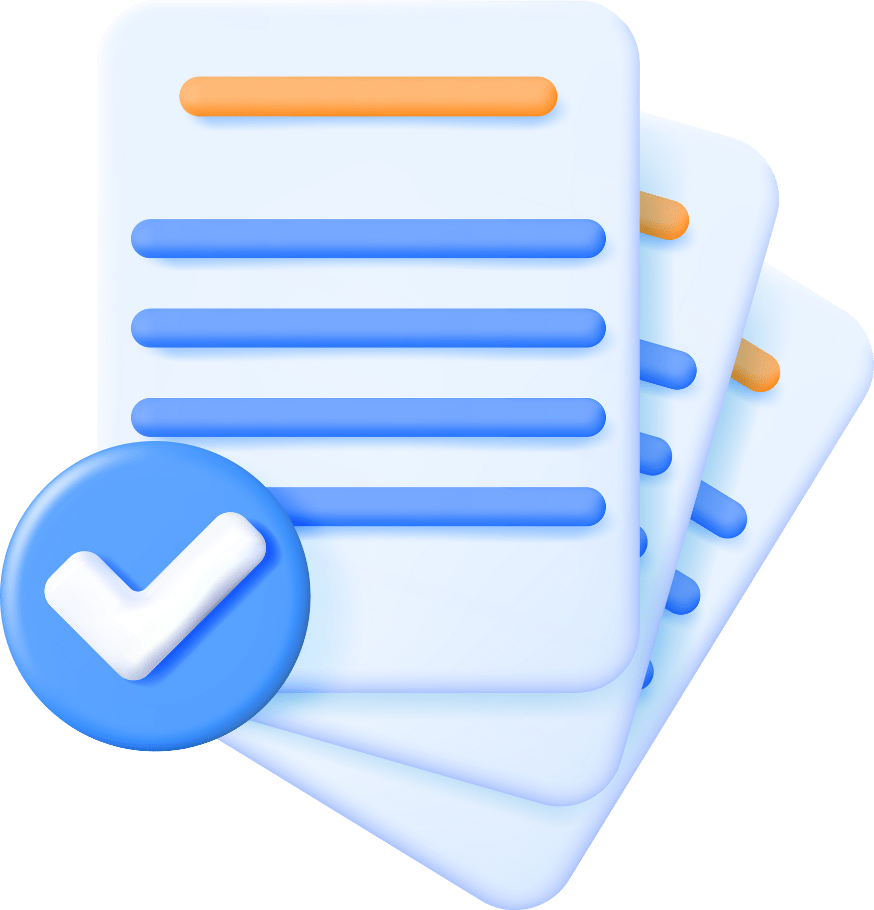
1. Ensuring Competence Through Accuracy and Verification
- Verified Data Sources: NexLaw AI operates on a closed, proprietary database of verified case law, statutes and legal documents. This dramatically reduces the risk of hallucinations and ensures the information is accurate and citable.
- Direct-to-Source Linking: Every piece of information generated by the AI, from a case summary to a point in a legal argument, is linked directly to the source document, making the verification process seamless and efficient.

2. Upholding Confidentiality with Bank-Grade Security
- Private Cloud Infrastructure: Unlike generic AI models, NexLaw AI is hosted on a secure, private cloud infrastructure. Your firm’s data is isolated and is never used to train models for other clients or the public.
- End-to-End Encryption: All data, both in transit and at rest, is protected by bank-grade, end-to-end encryption.
- Robust Access Controls: You control who has access to your data, with role-based permissions that ensure only authorized individuals can view sensitive client information.
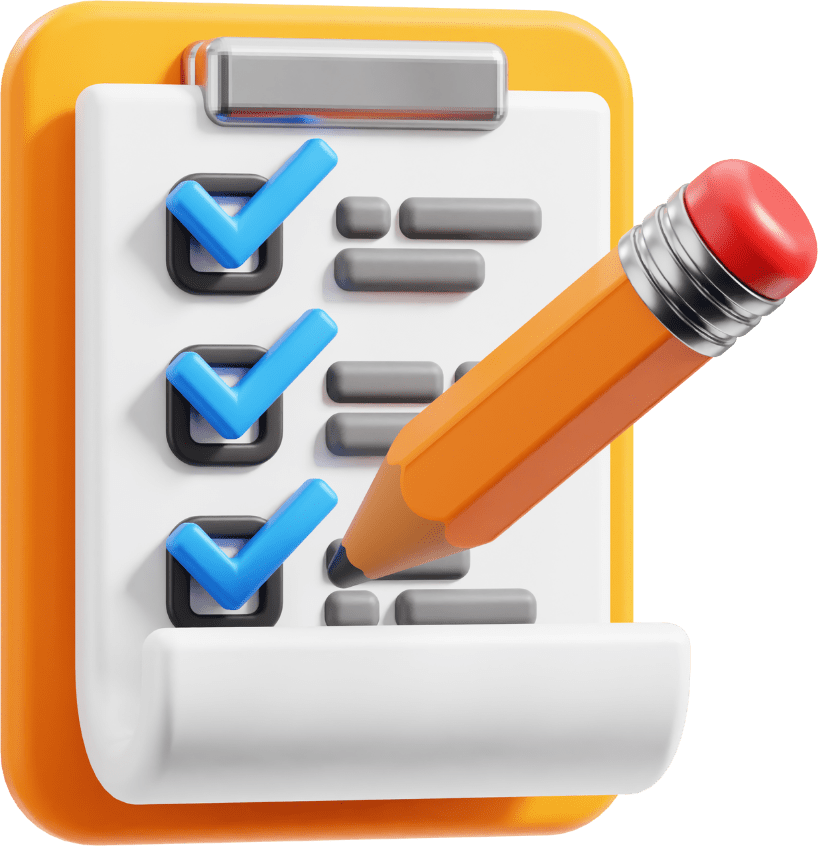
3. Facilitating Supervision with Auditability and Control
- Centralized Platform: By providing a single, firm-approved platform, NexLaw AI helps firms ensure their teams are using a vetted, secure tool rather than a patchwork of risky public AI models.
- Audit Trails: The platform maintains a clear audit trail of user activity, providing the oversight necessary to comply with the duty of supervision.

Act now to transform your
practice and achieve your goals.
See NexLaw in Action
Start your free trial and kick off your legal AI journey with a personalized demo
*By submitting the form, you agree to the Terms of Service and Privacy Policy
Case Study: An Ethics-Conscious Law Firm
A mid-sized litigation firm wants to adopt AI to improve efficiency. Before allowing its lawyers to use any AI tools, the managing partner, mindful of a recent State Bar of California ethics opinion, implements a new firm policy. The policy prohibits the use of any public AI chatbot for client work and requires all AI-assisted work to be conducted on a firm-approved, secure platform. They choose NexLaw AI. The firm then conducts mandatory training for all lawyers and paralegals on both the platform’s features and the ethical guidelines for its use. This proactive approach allows the firm to reap the benefits of AI while upholding its professional obligations and protecting its clients and reputation.
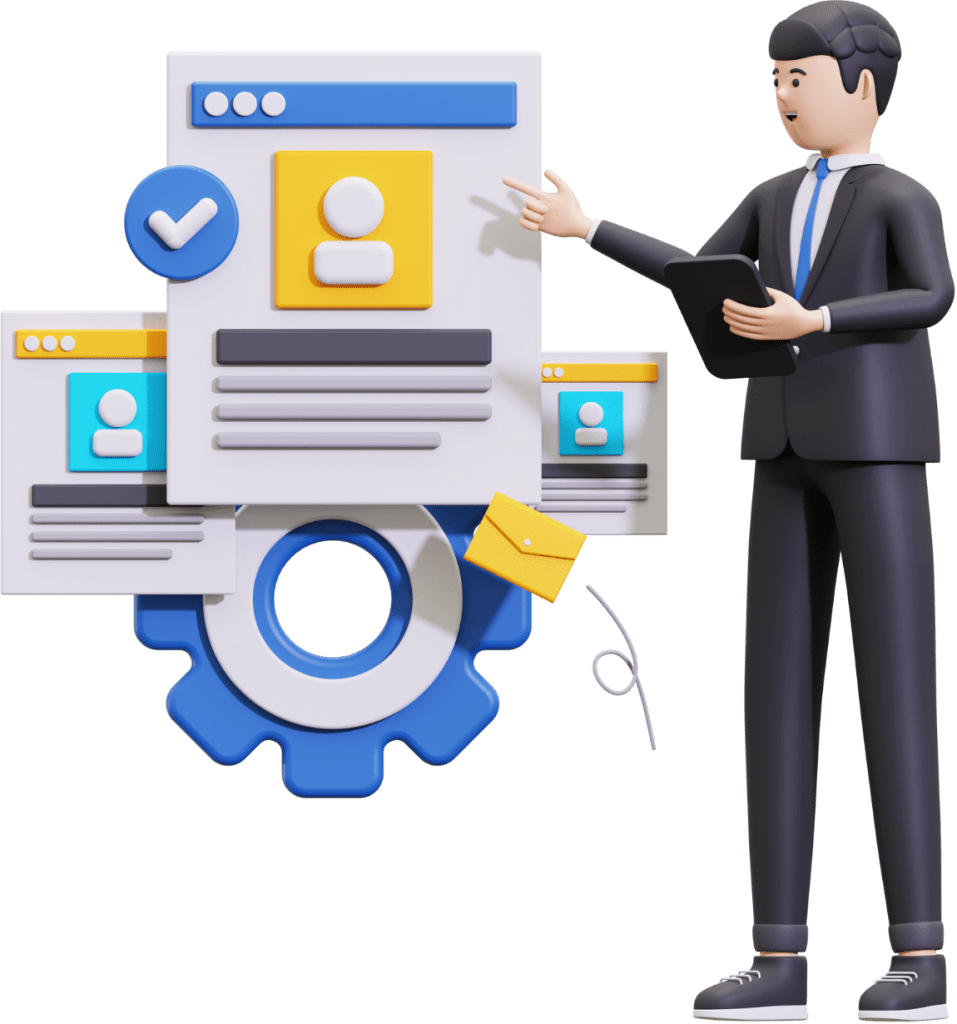
The Path Forward: Responsible Innovation
The ethical challenges of AI are real, but they are not insurmountable. They do not require lawyers to avoid this transformative technology. Instead, they require a thoughtful, diligent and informed approach. By understanding your core ethical duties and choosing a professional-grade Litigation AI platform designed with those duties in mind, you can confidently embrace the future of legal practice.
Responsible innovation is the key to unlocking the full potential of AI while maintaining the trust and integrity that are the hallmarks of the legal profession.
Book a Personalized Demo to learn more about NexLaw AI’s security and compliance features.
Explore Our Plans and discover how you can adopt AI with confidence and peace of mind.
Interested In Features Like This?
Receive complimentary access to our resources and a personalized live demo tailored to your needs.
